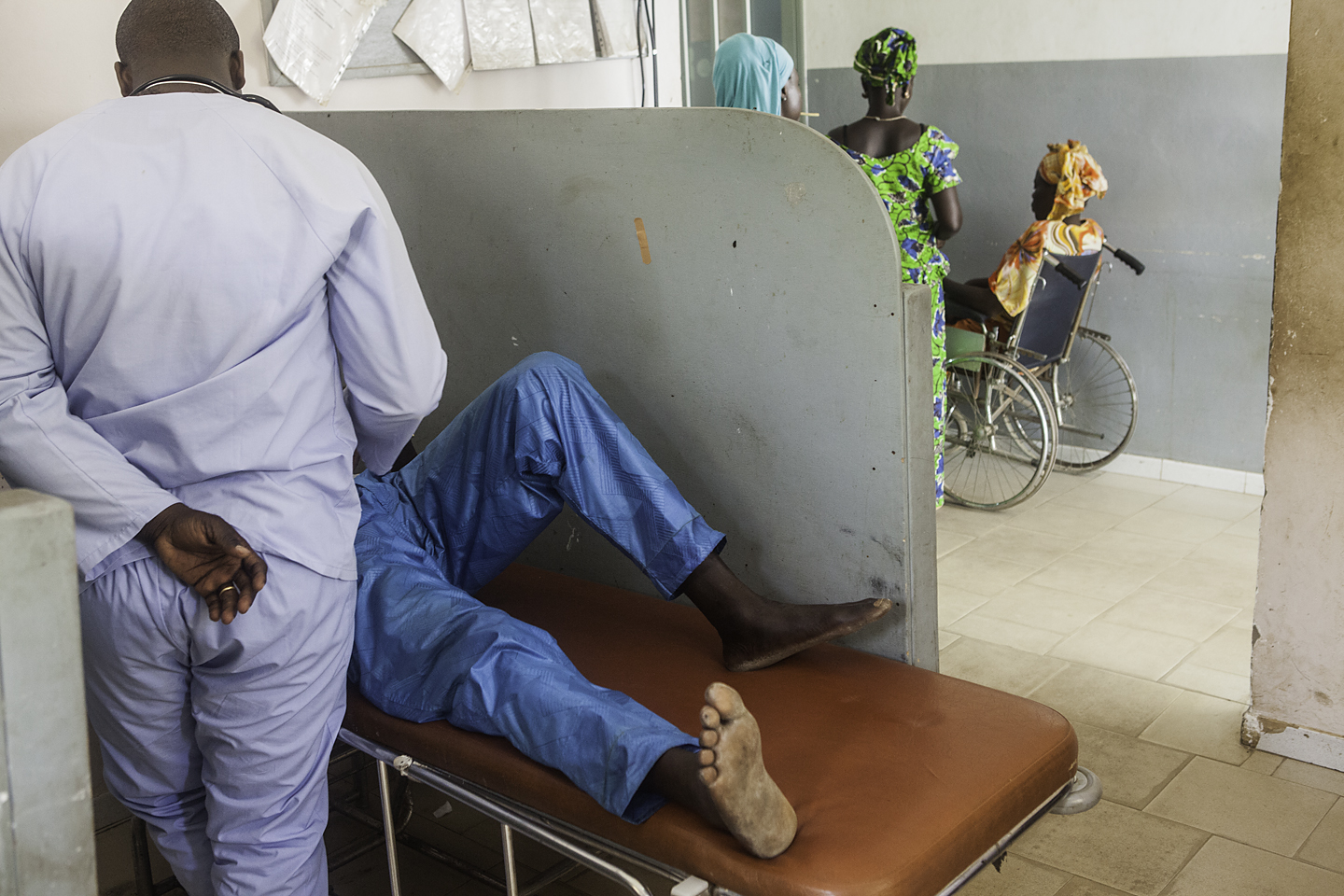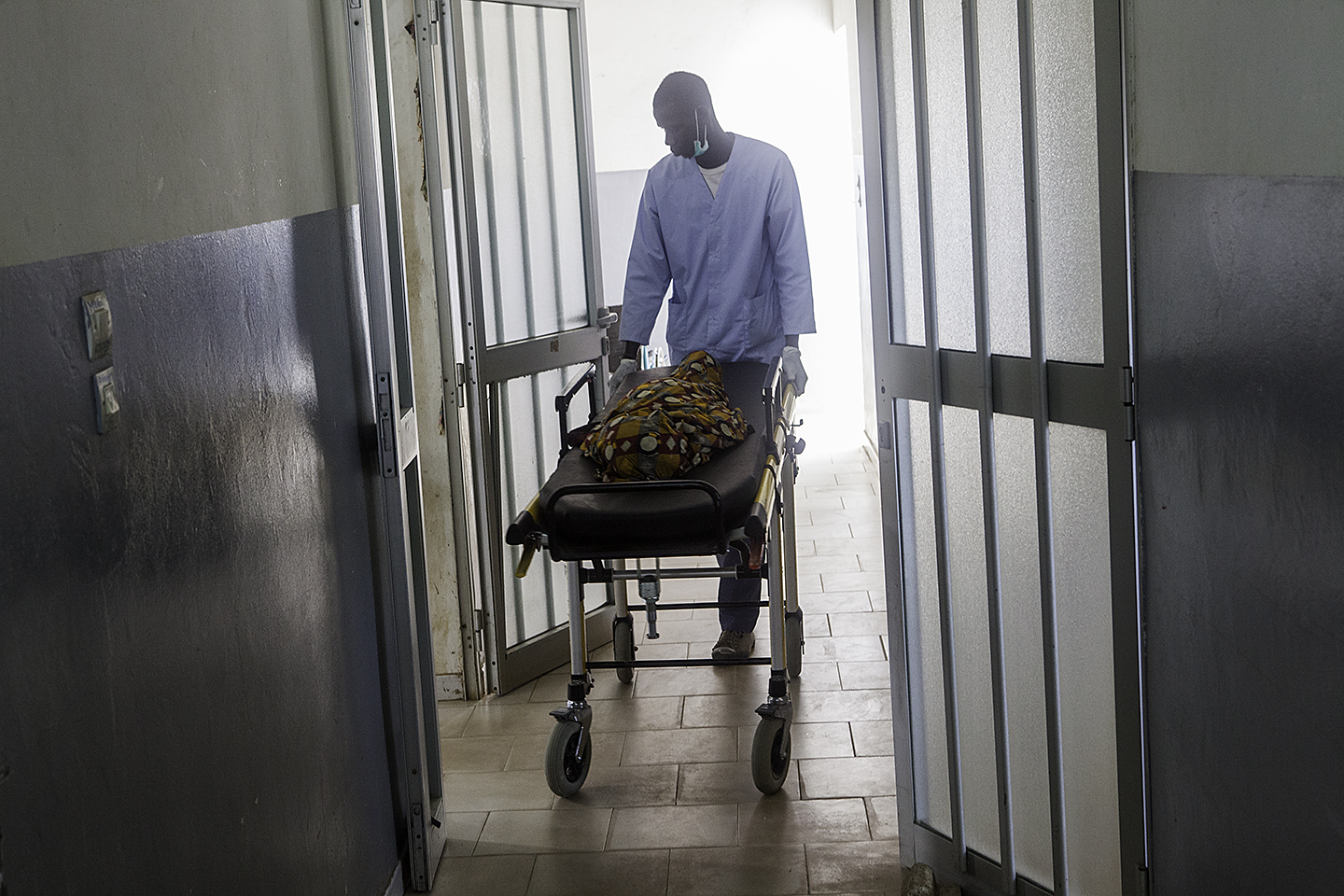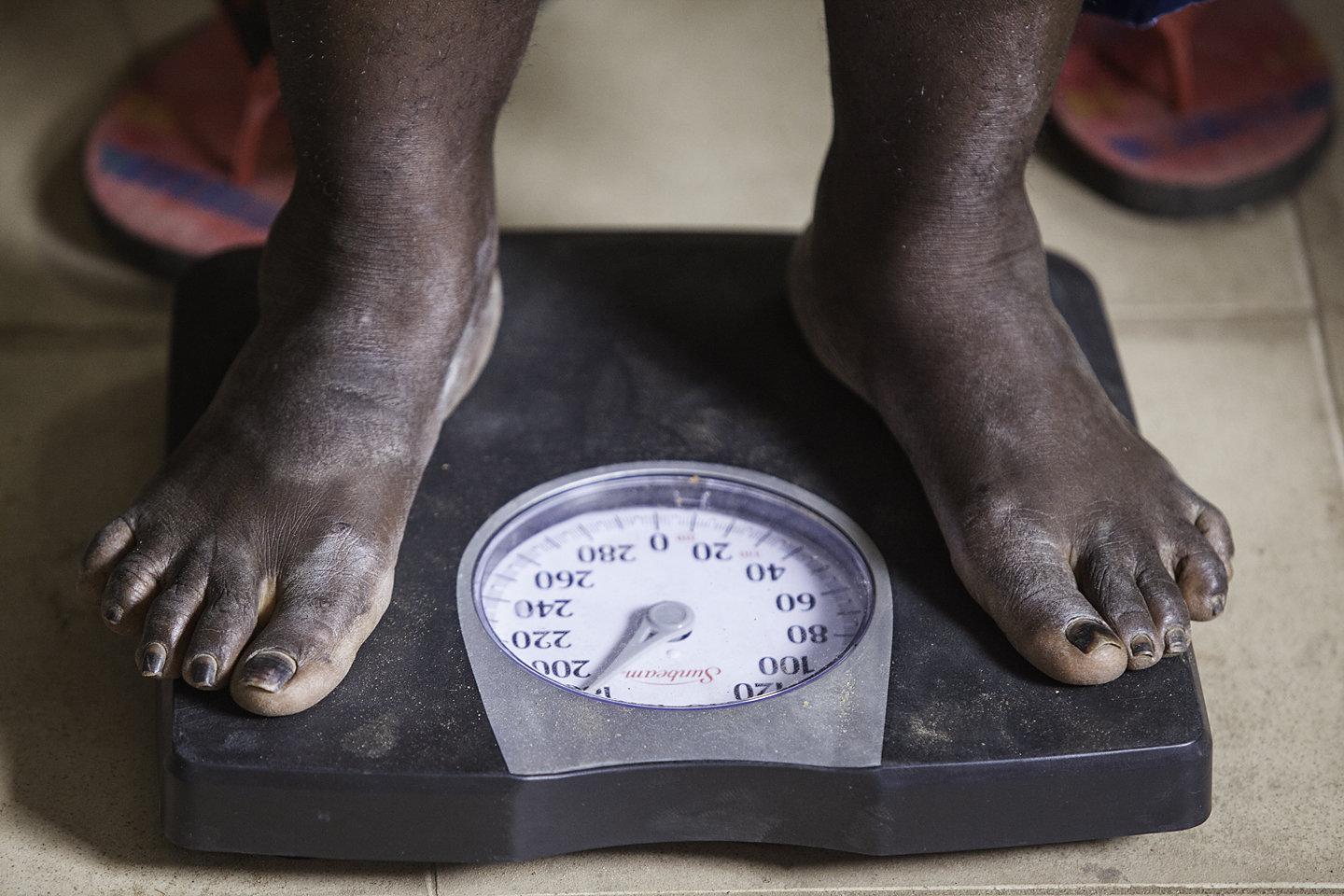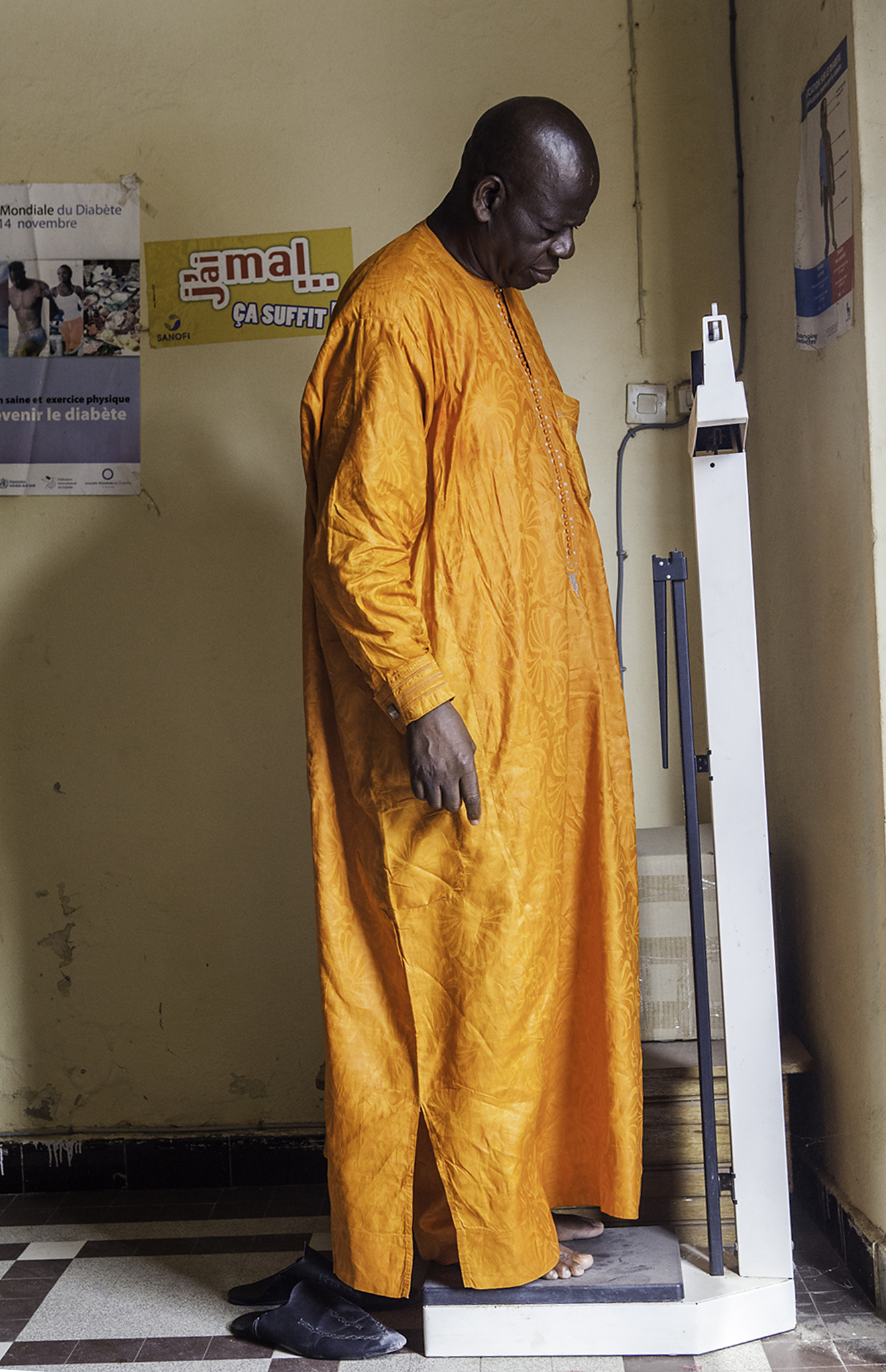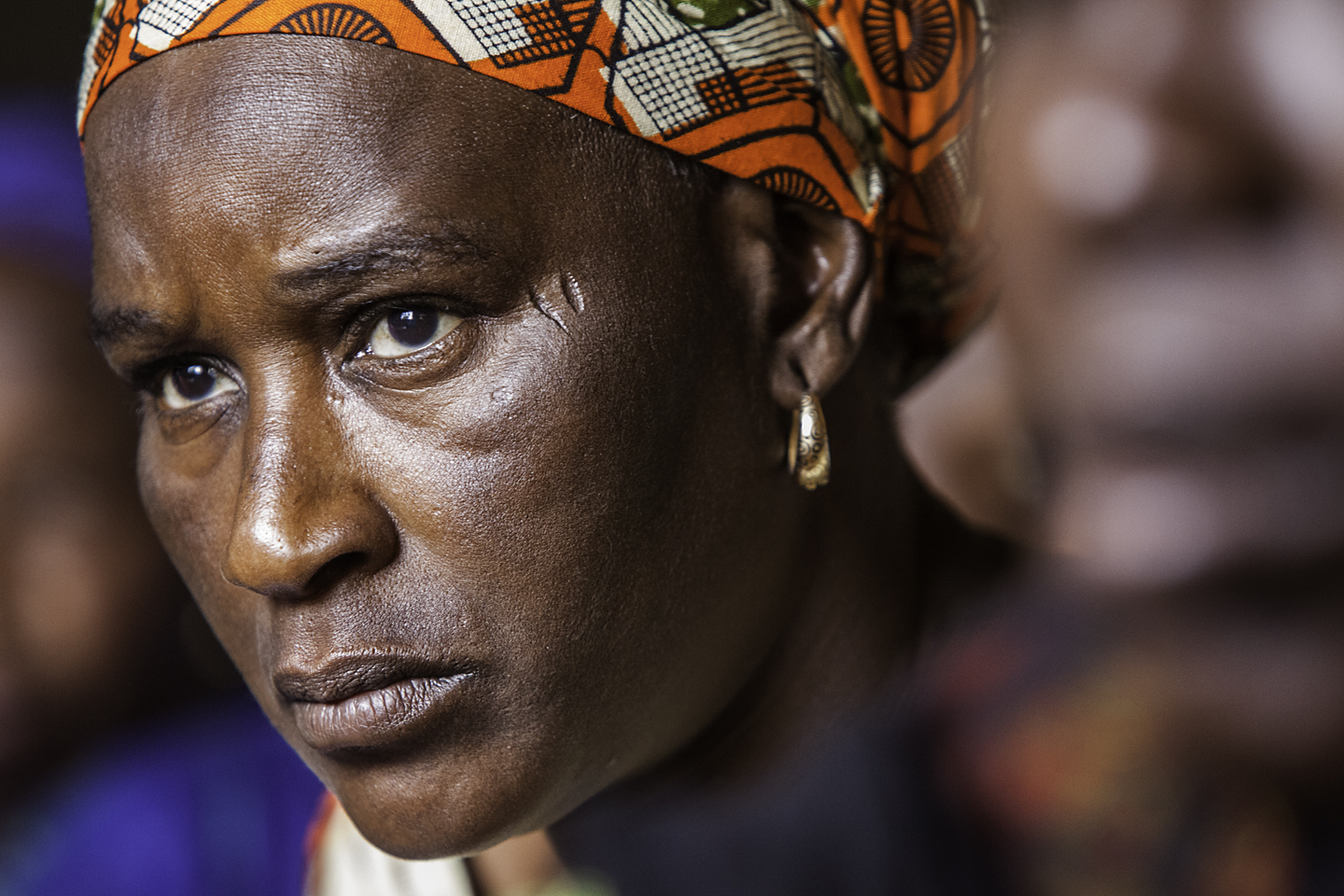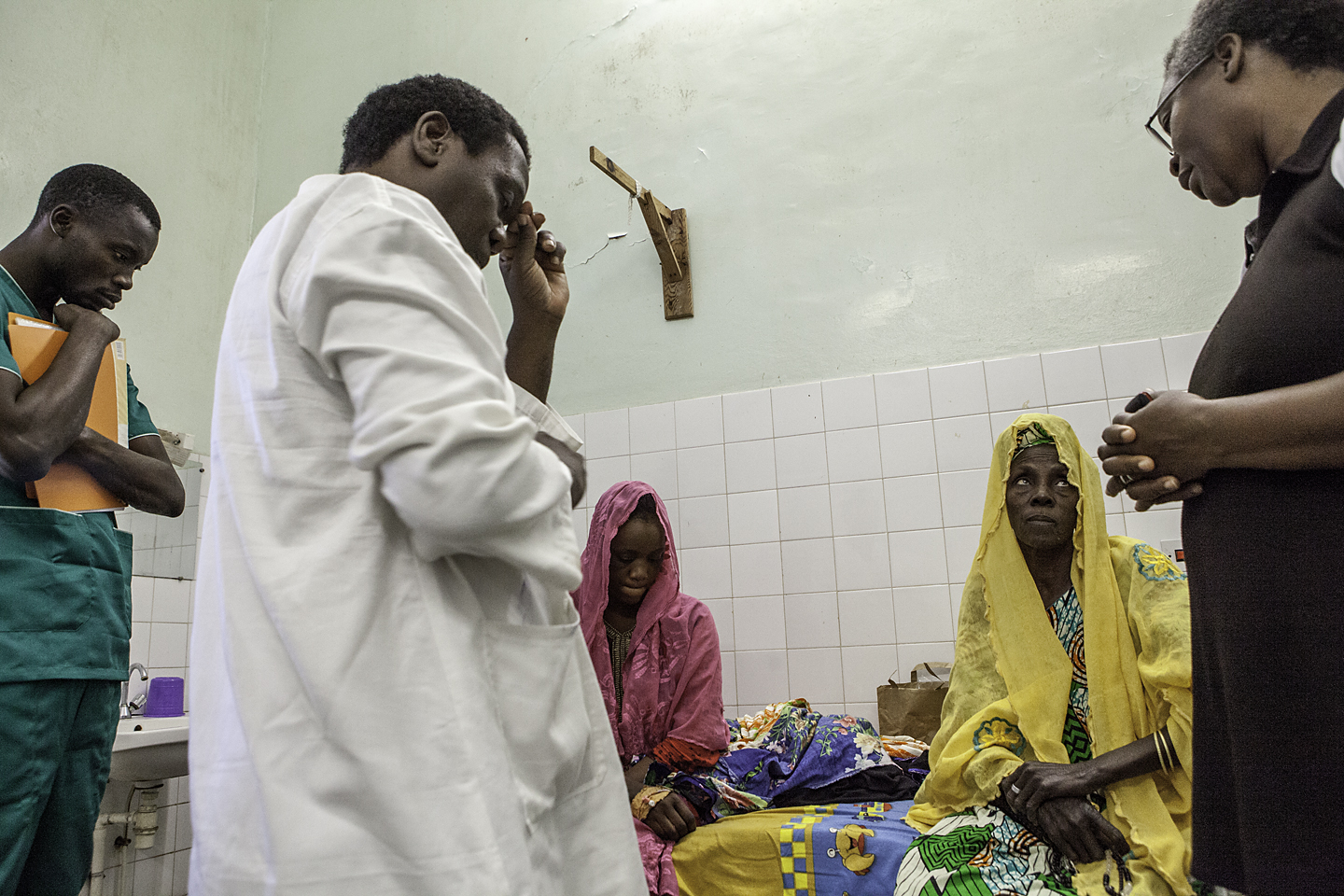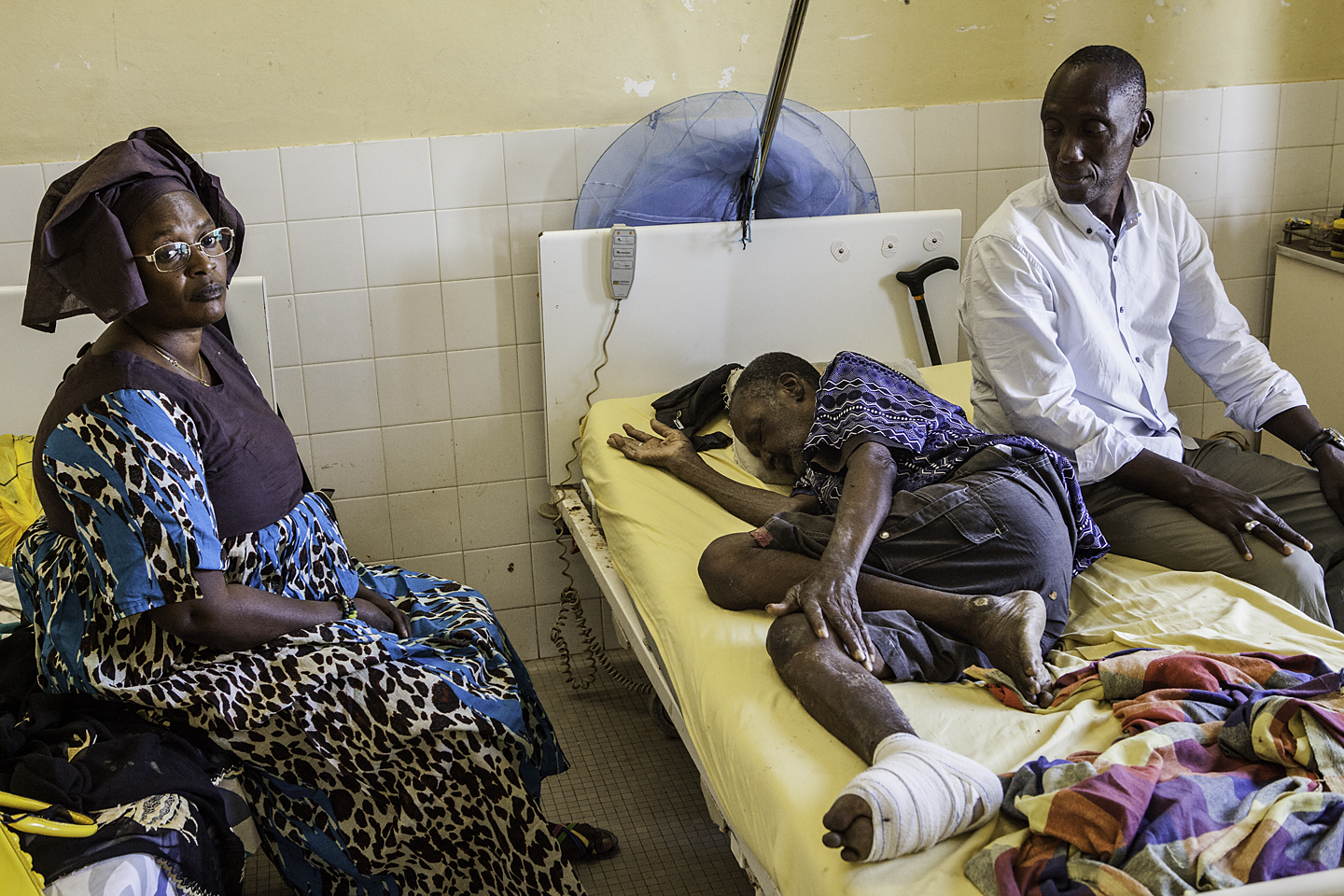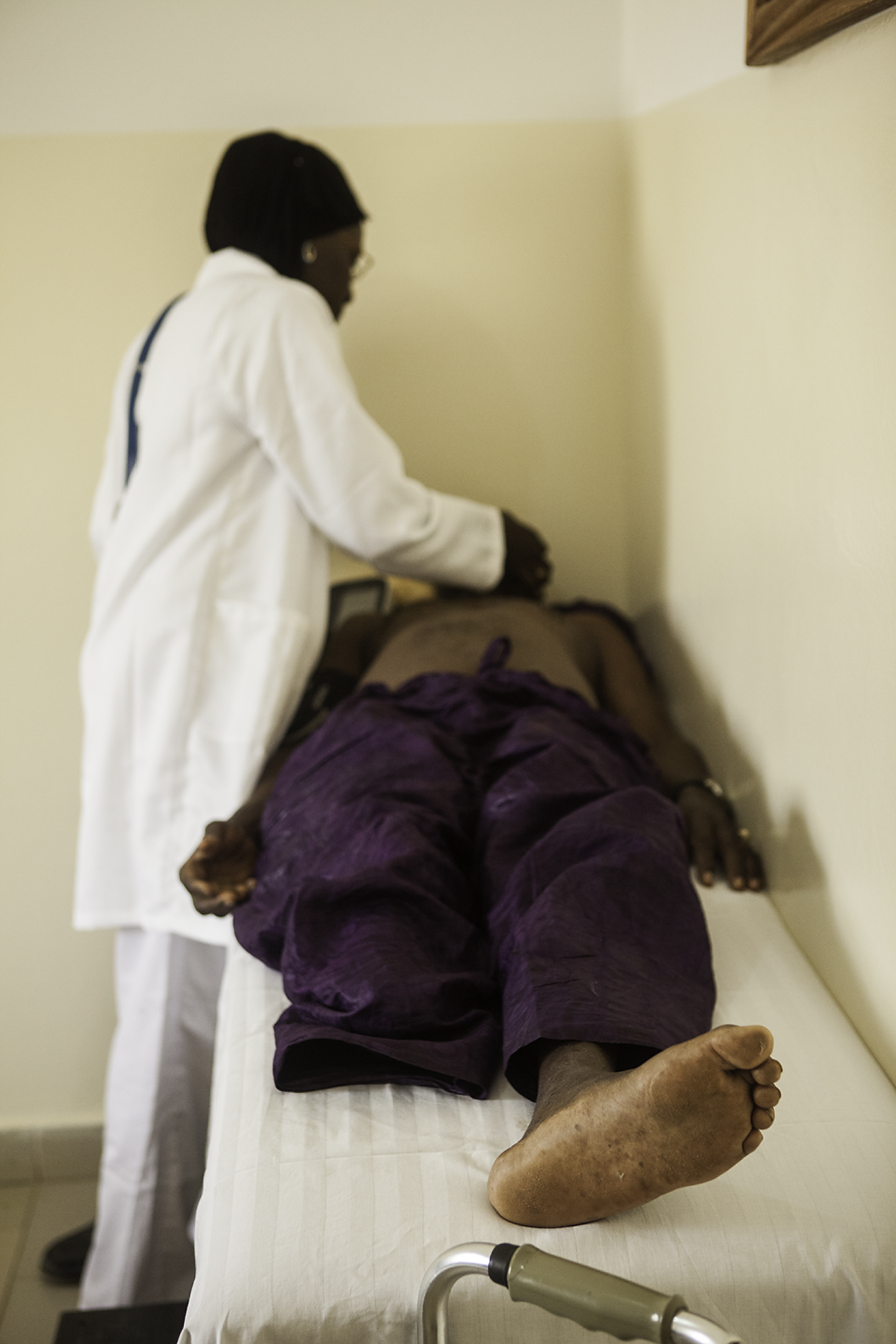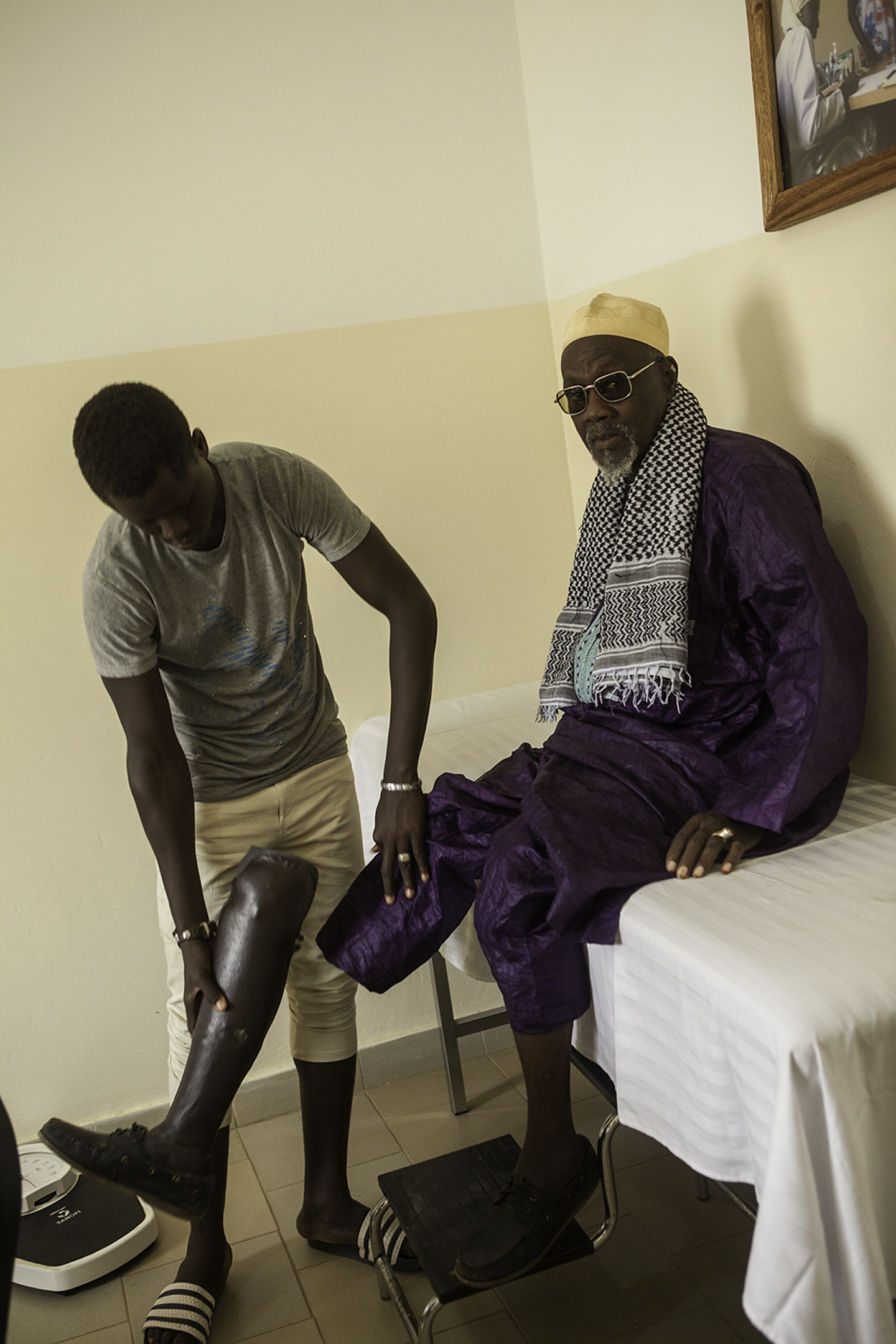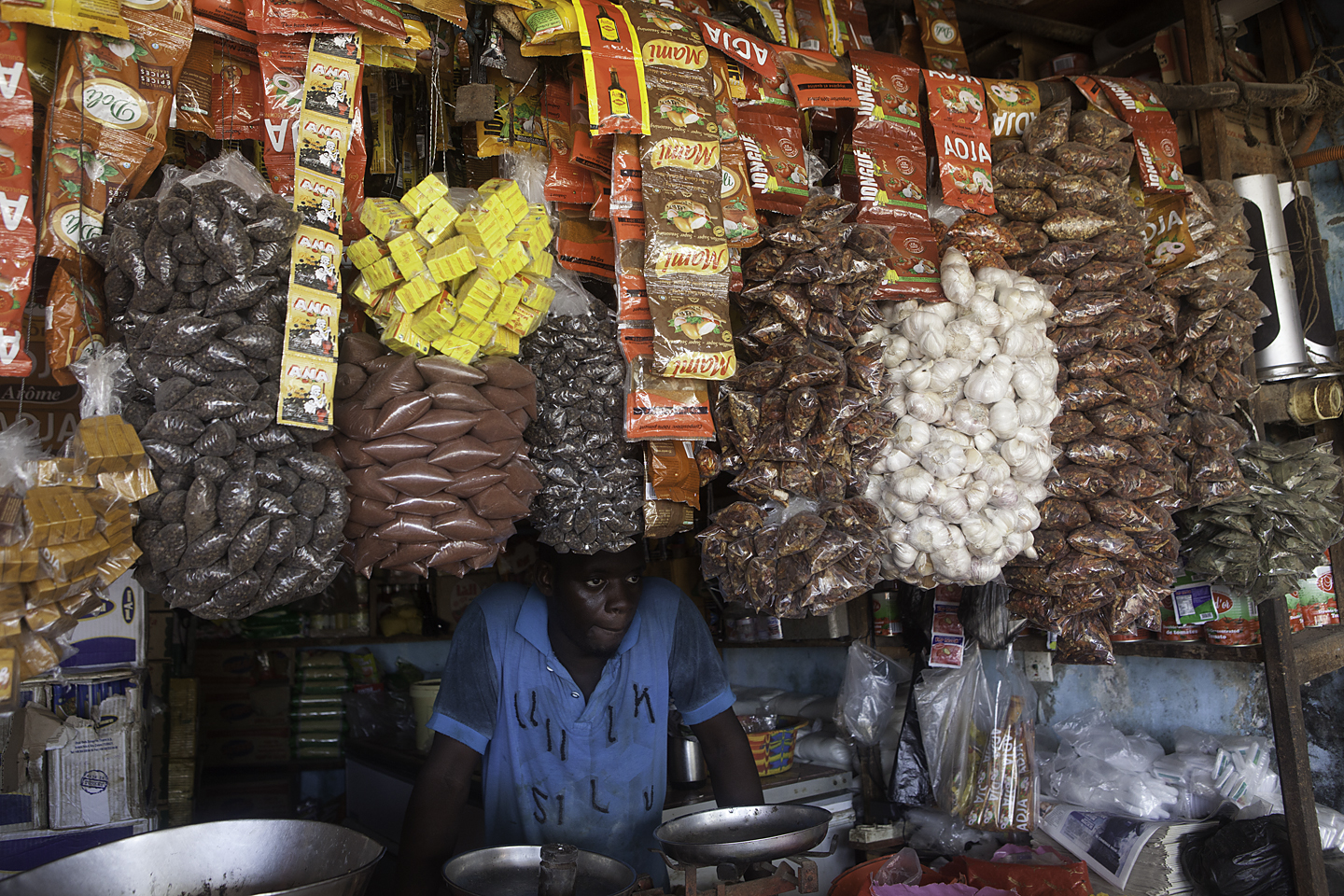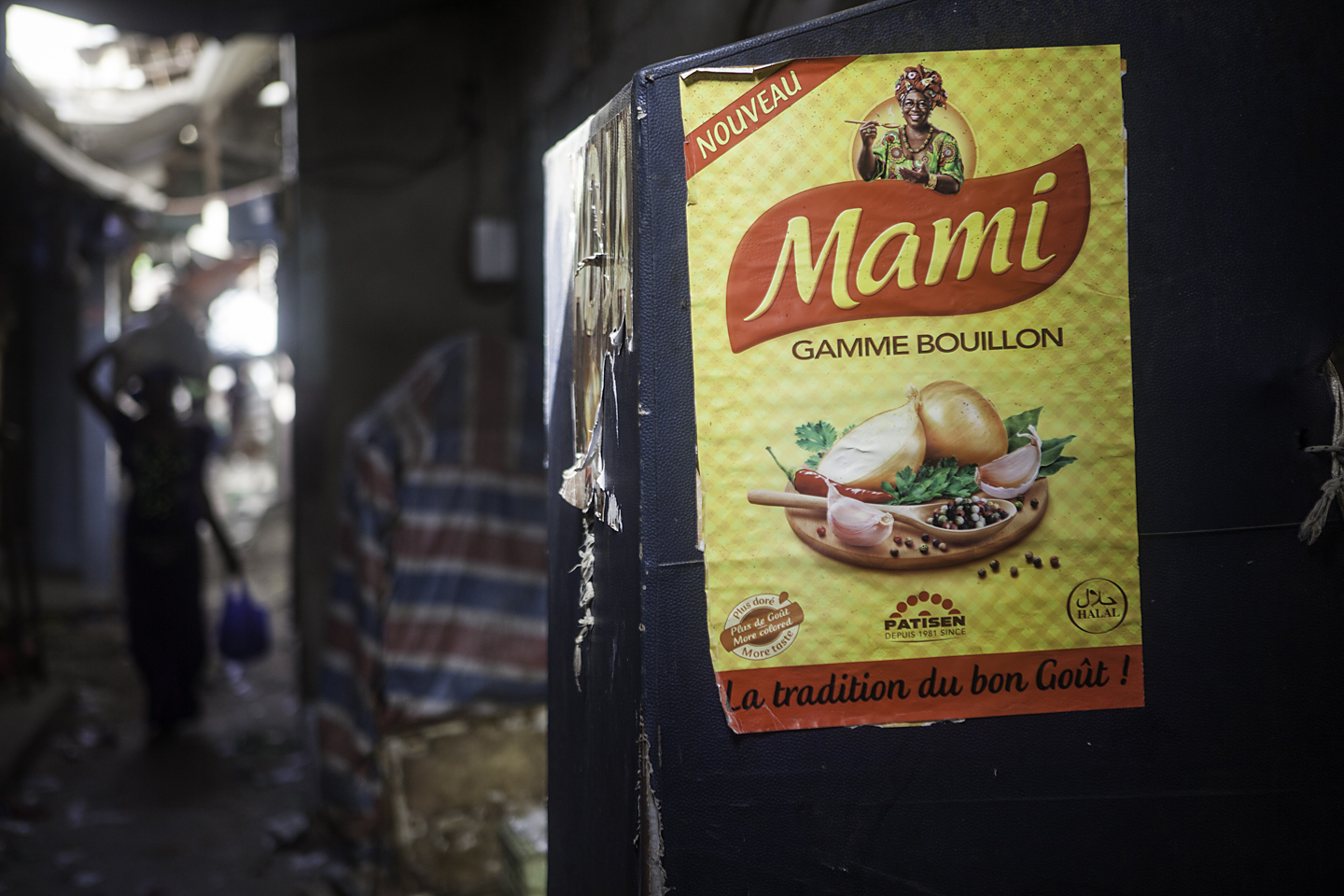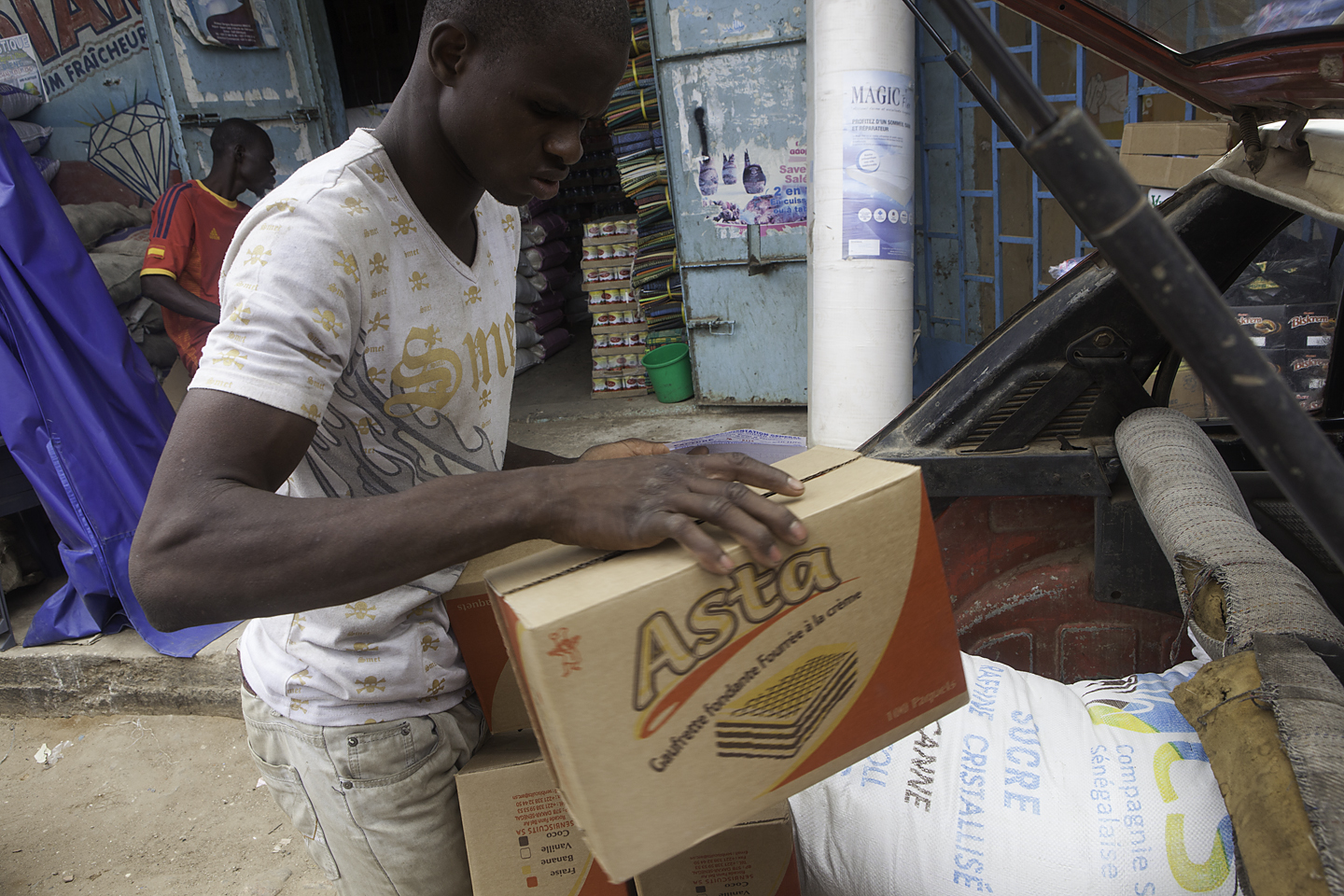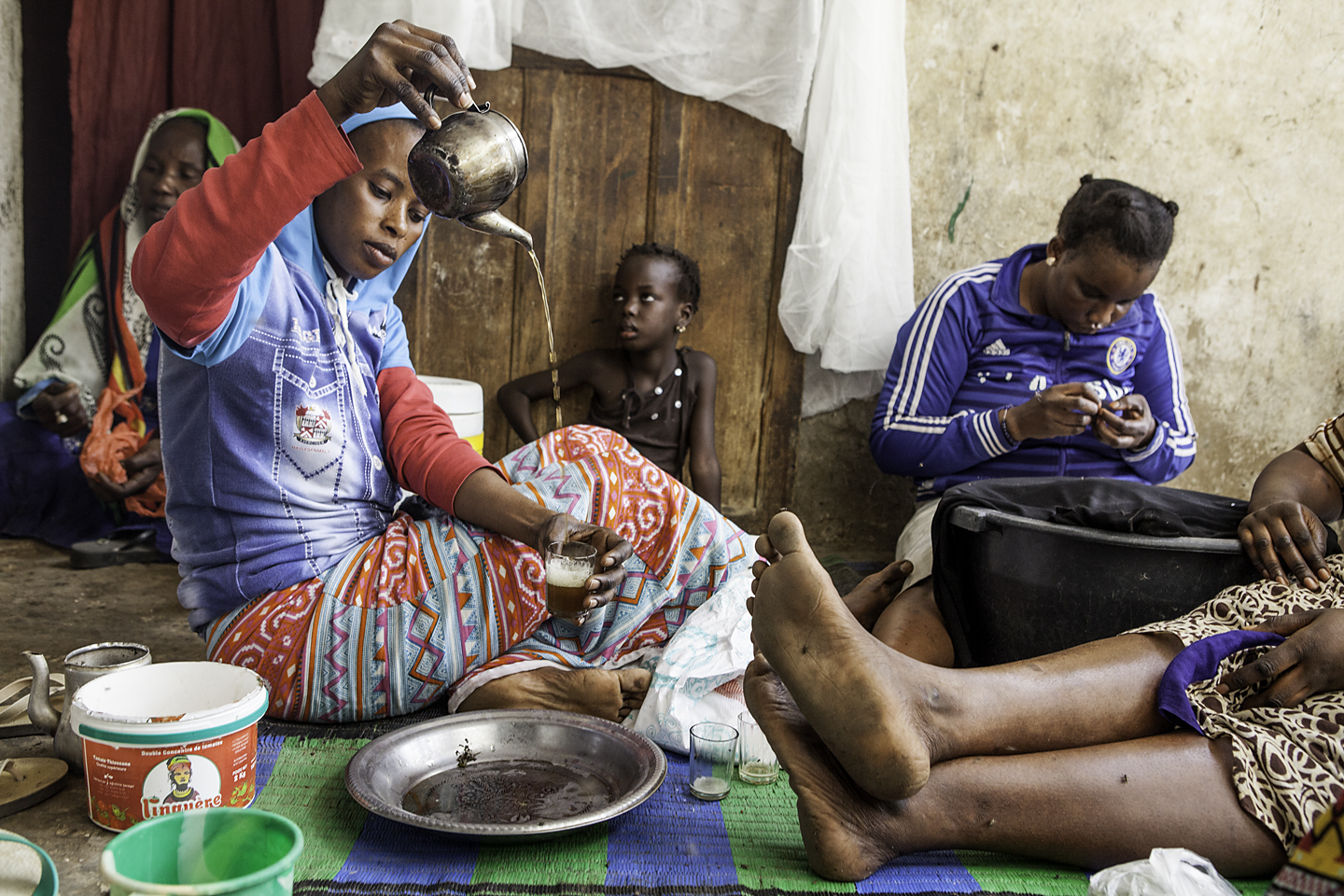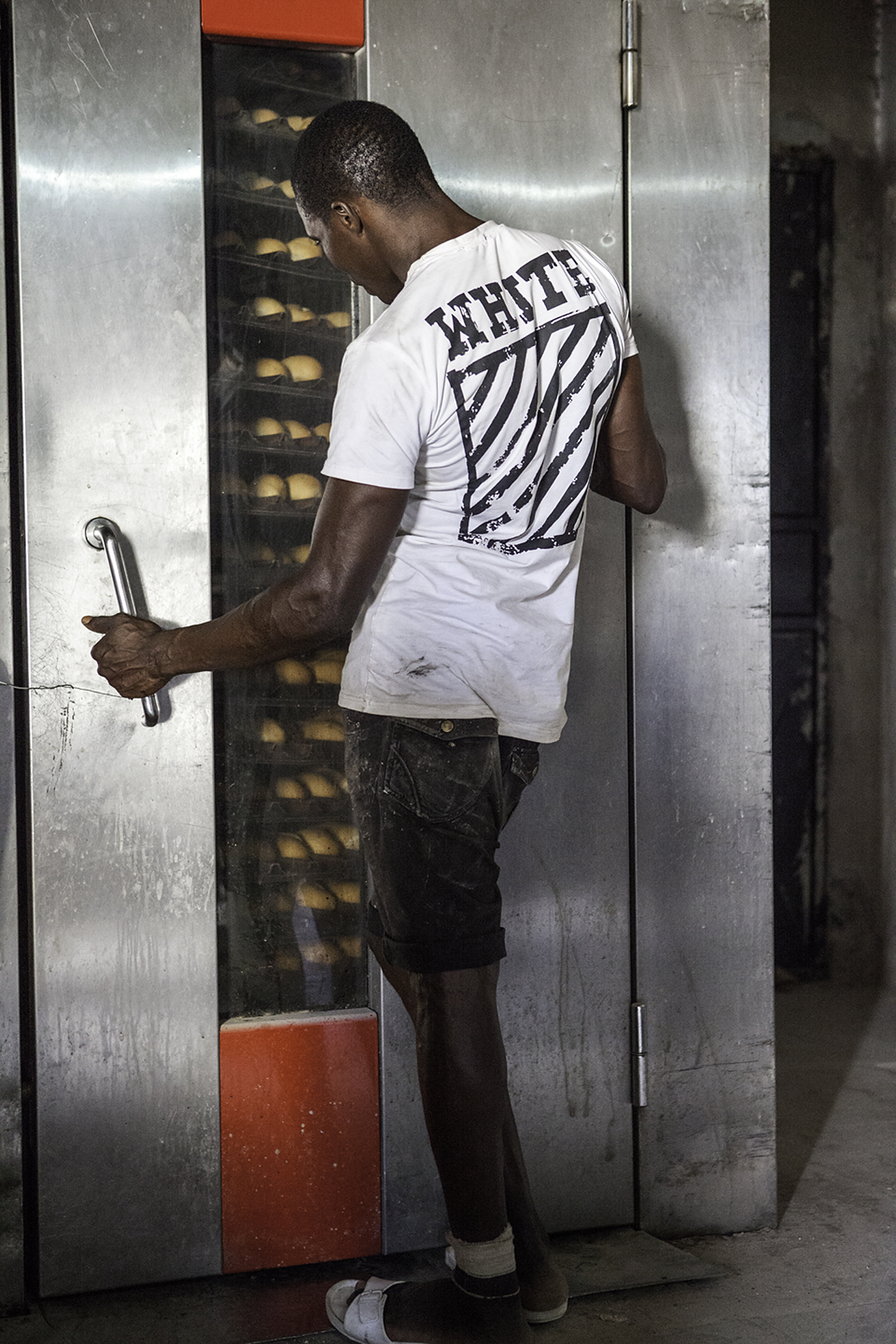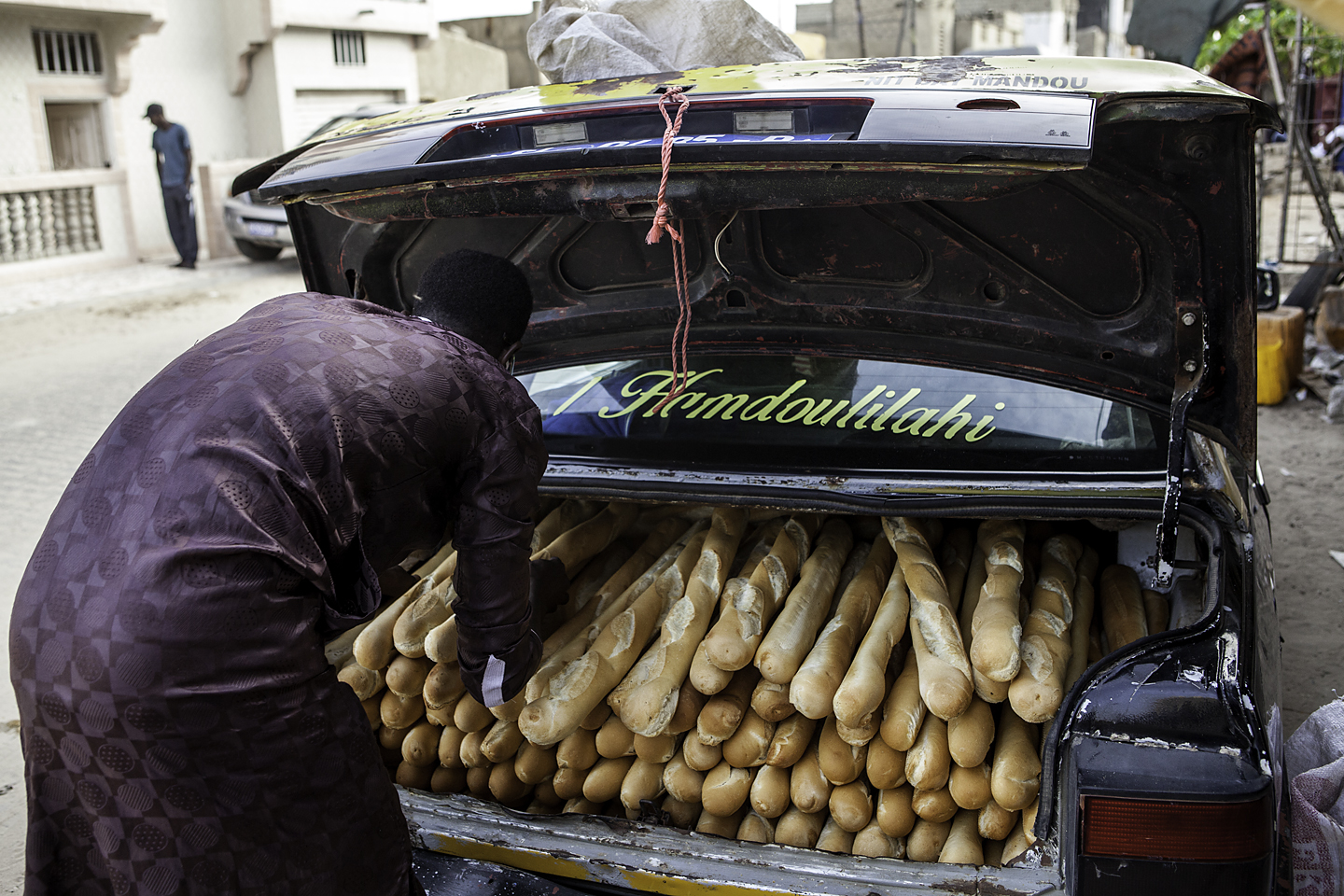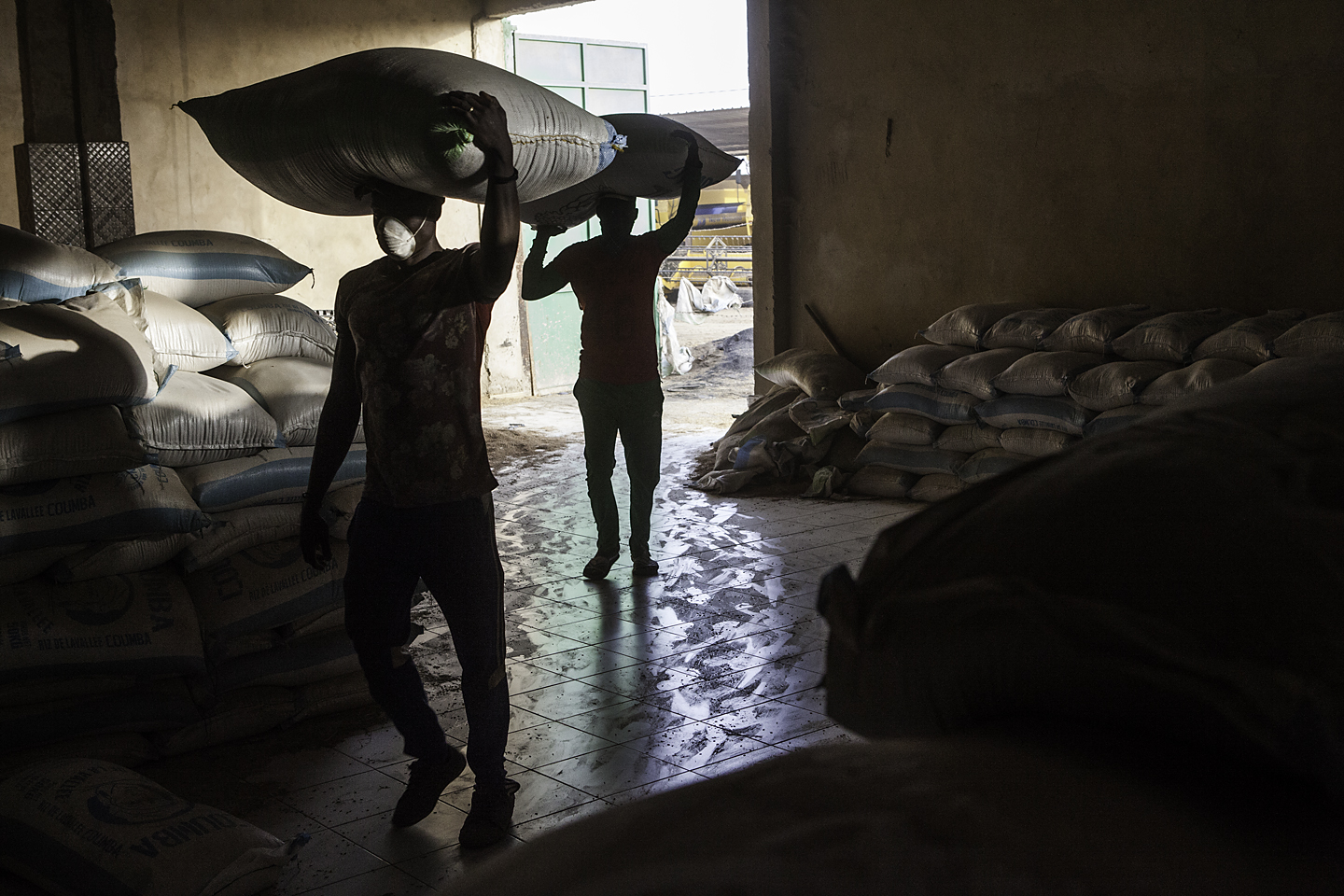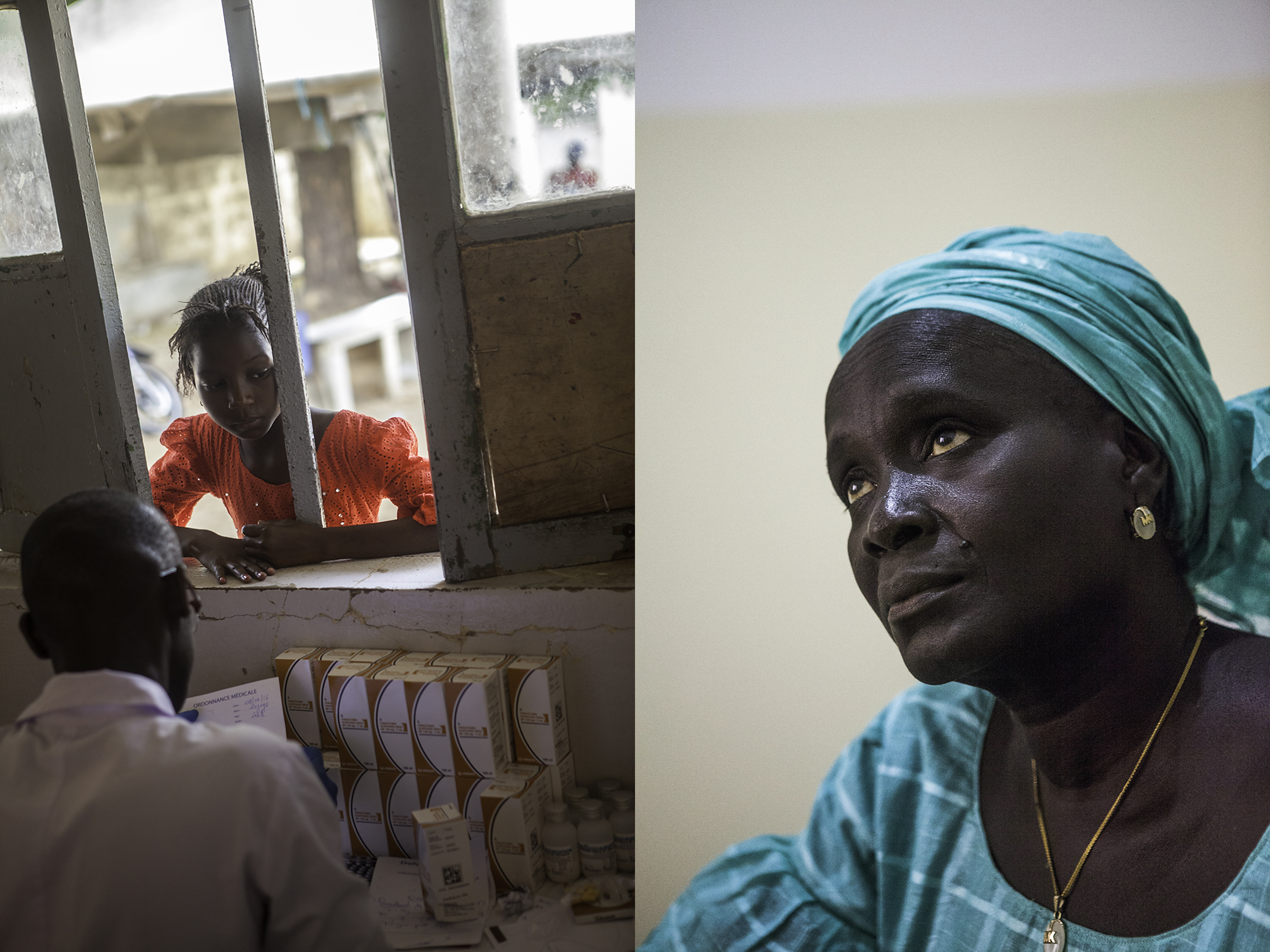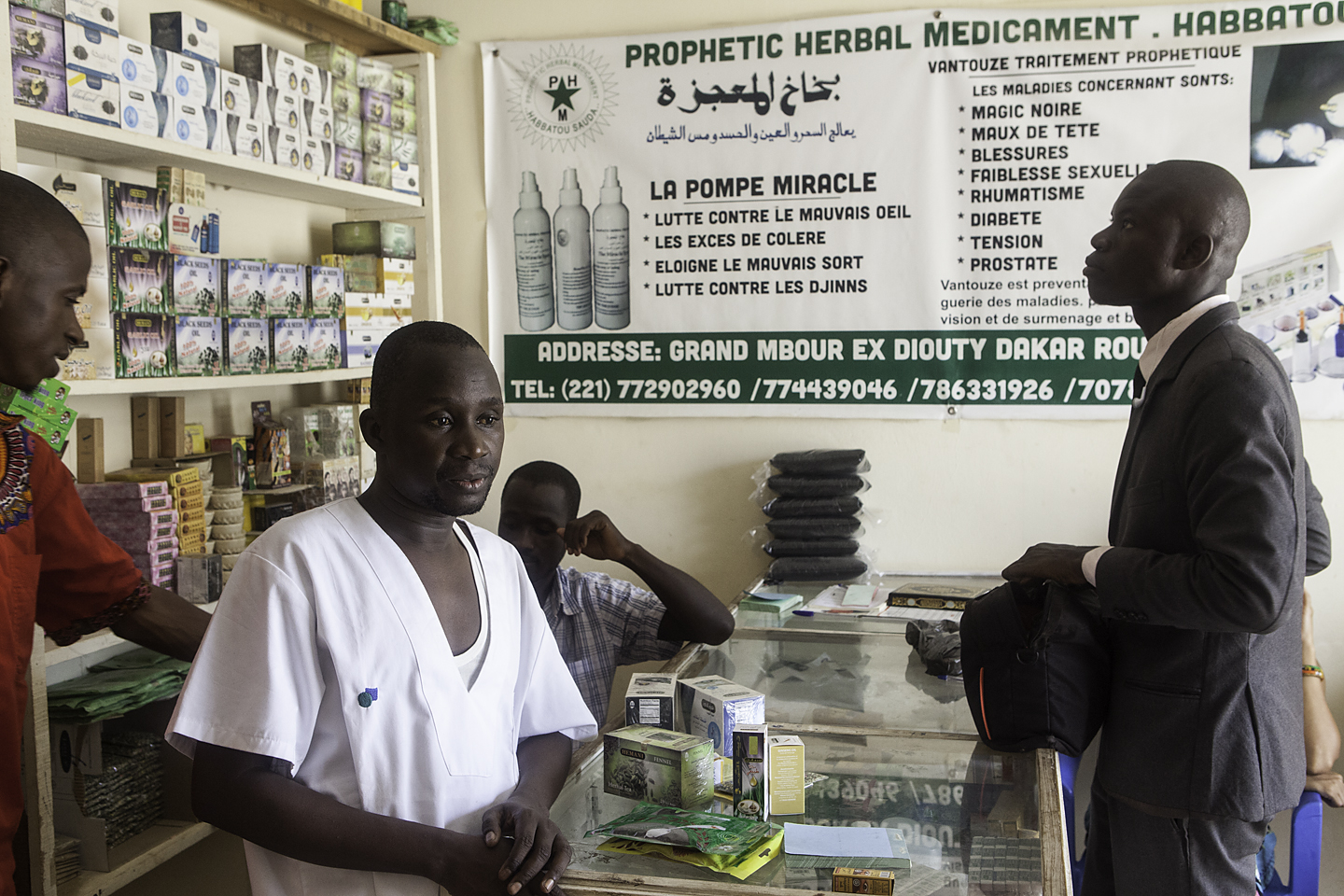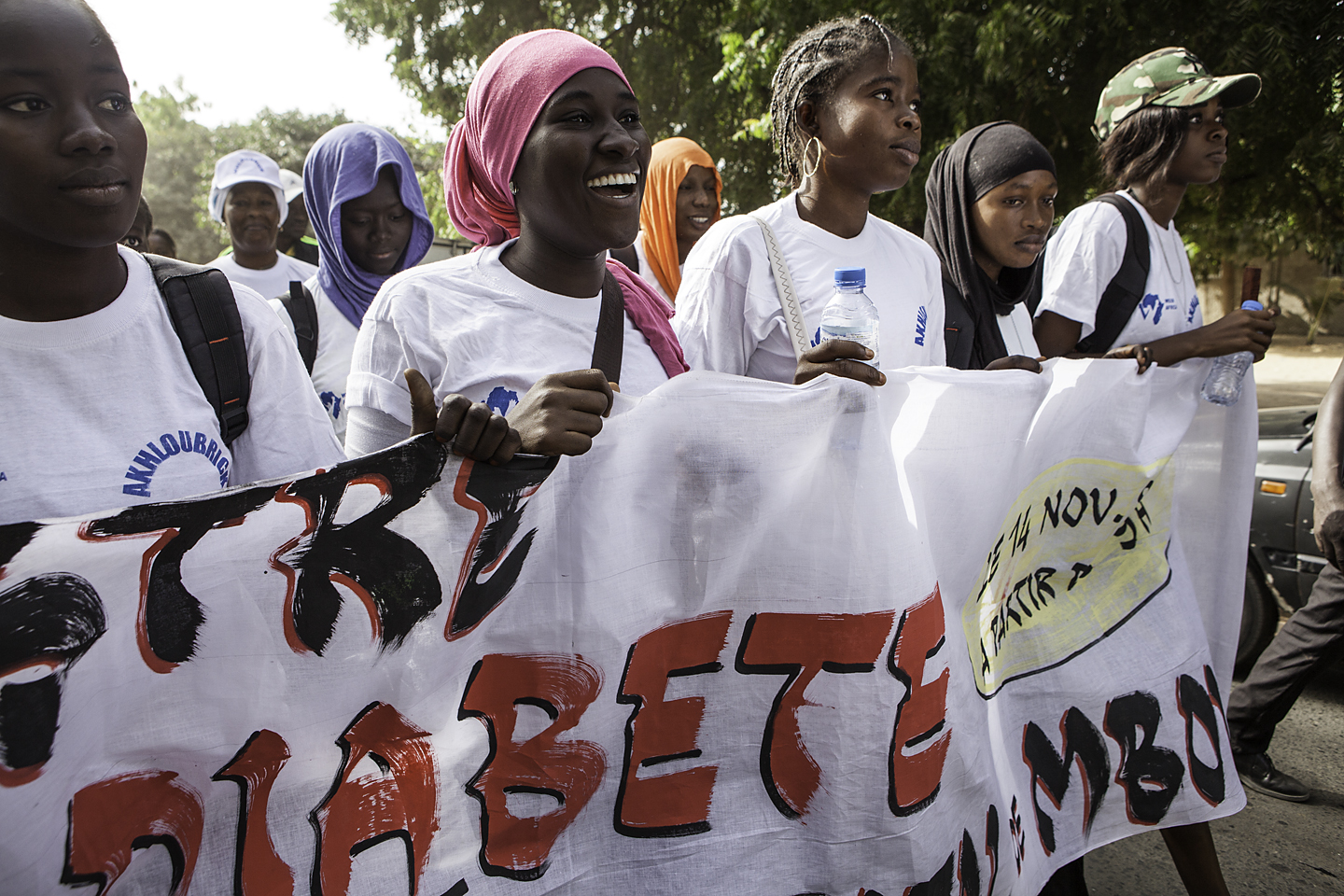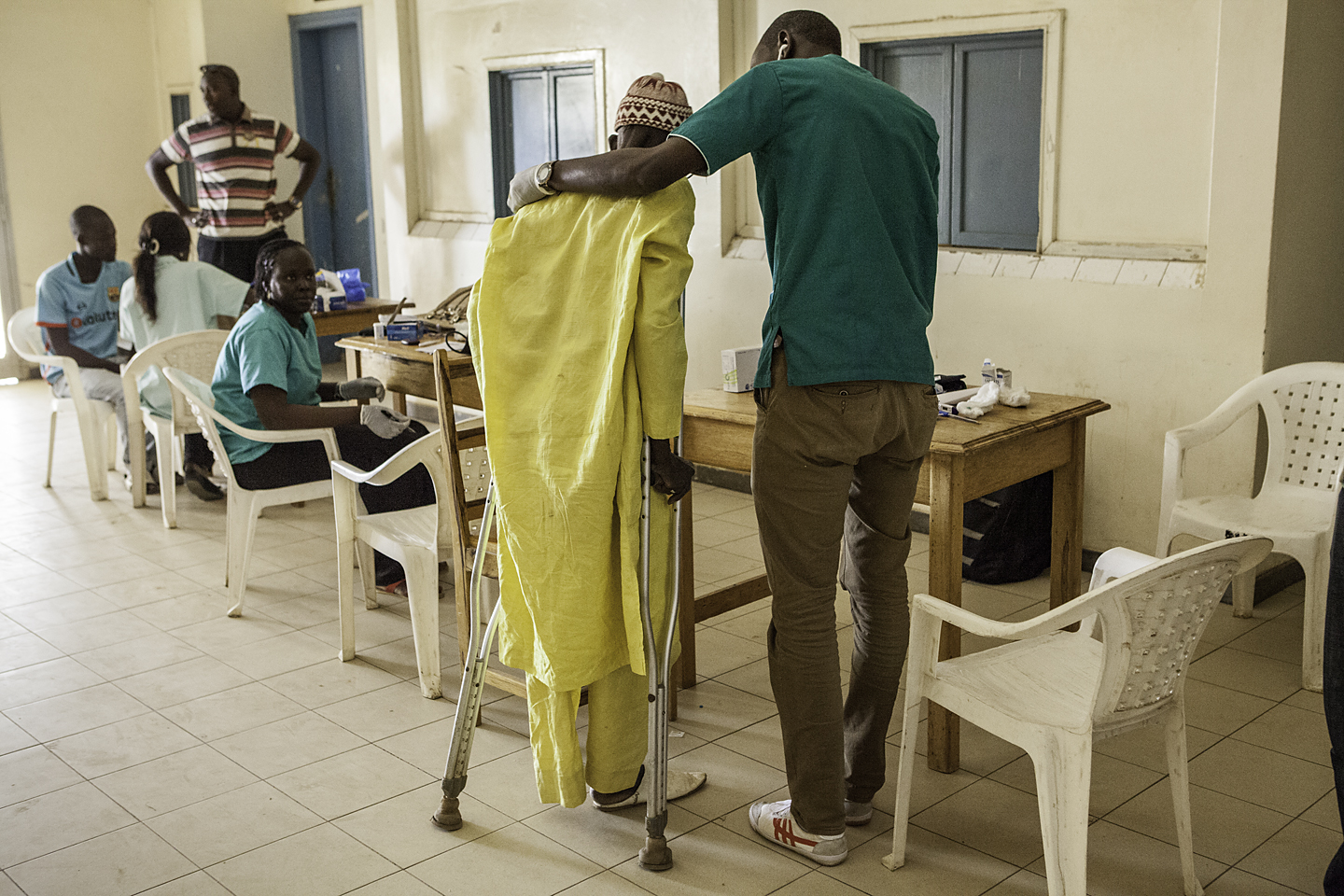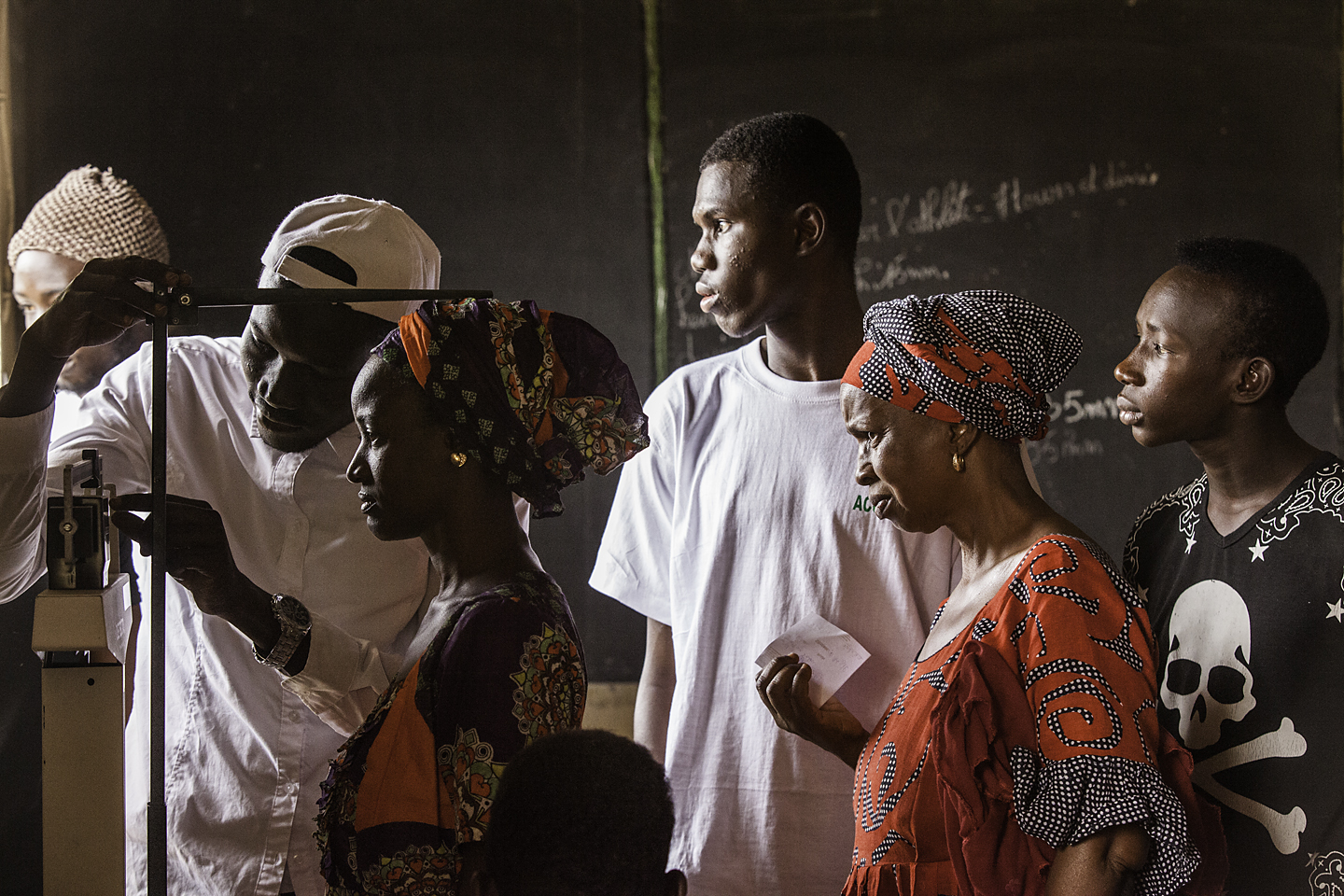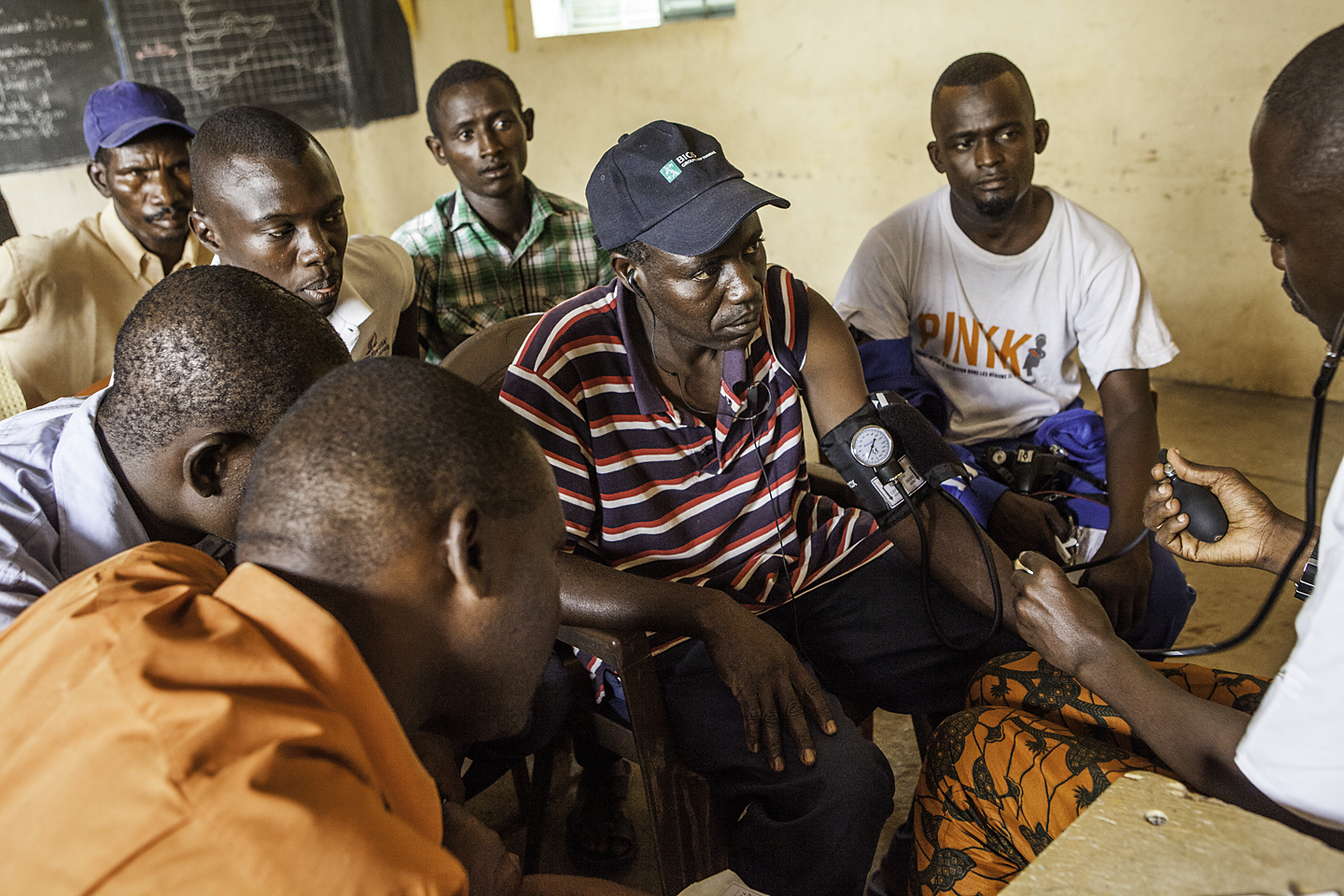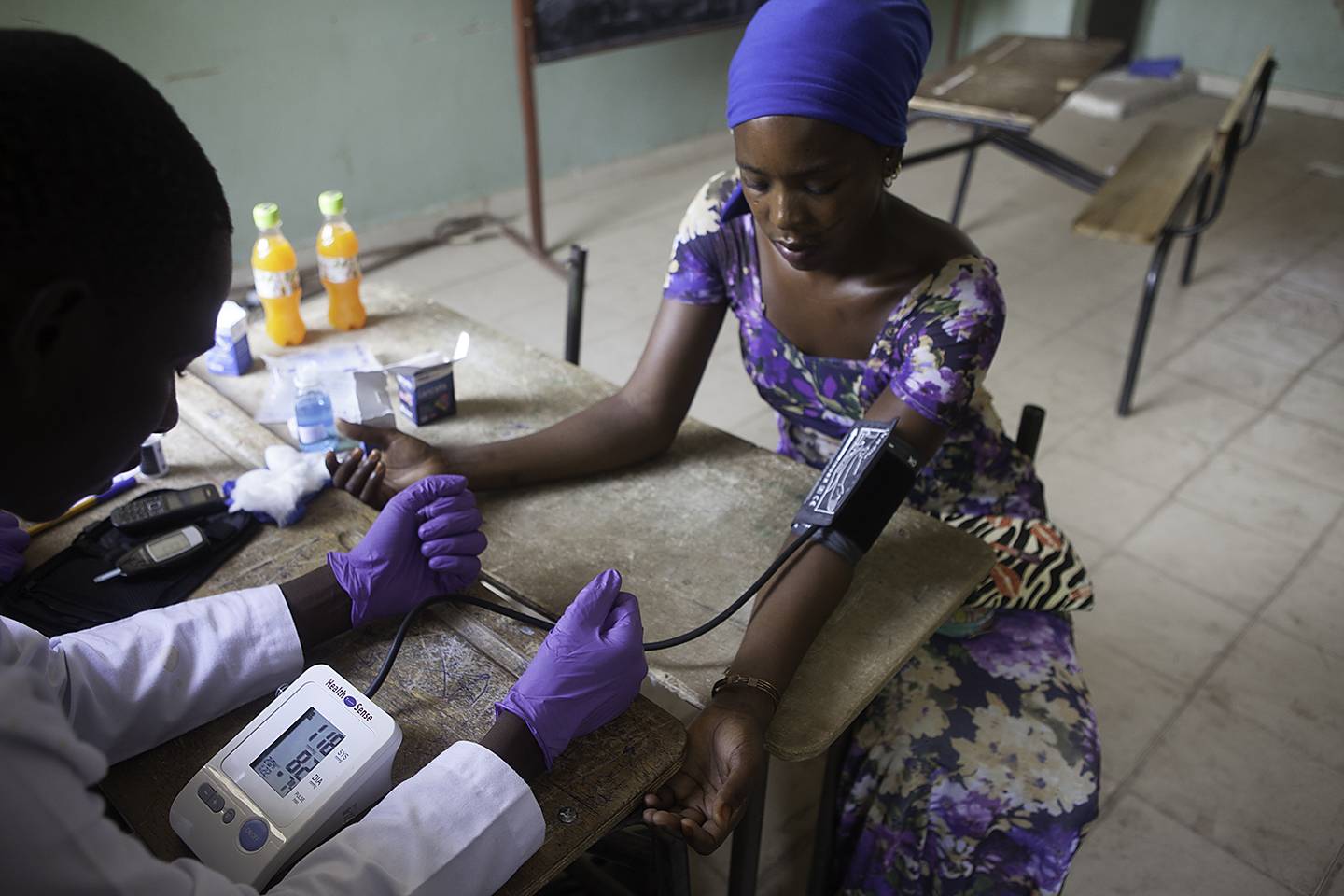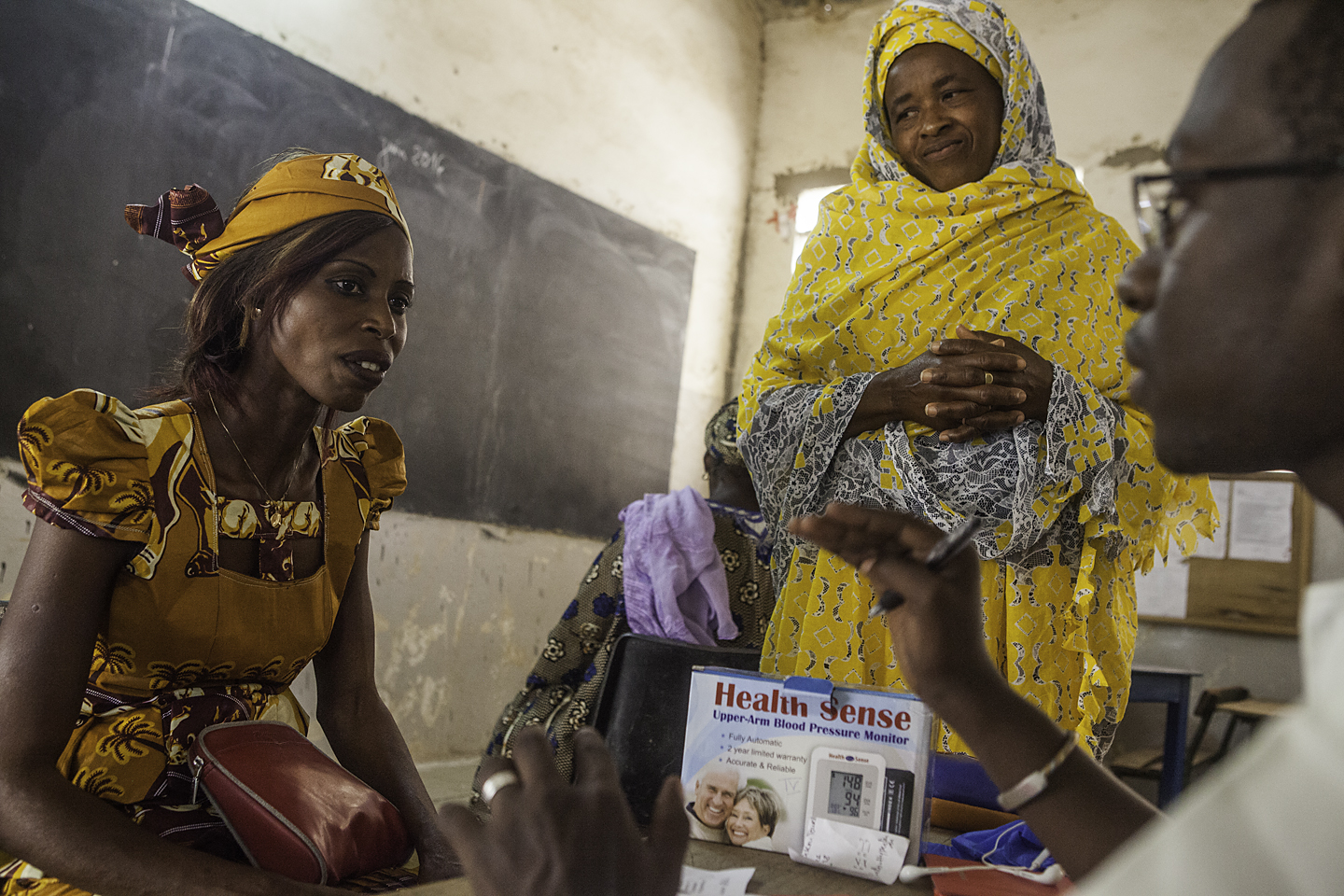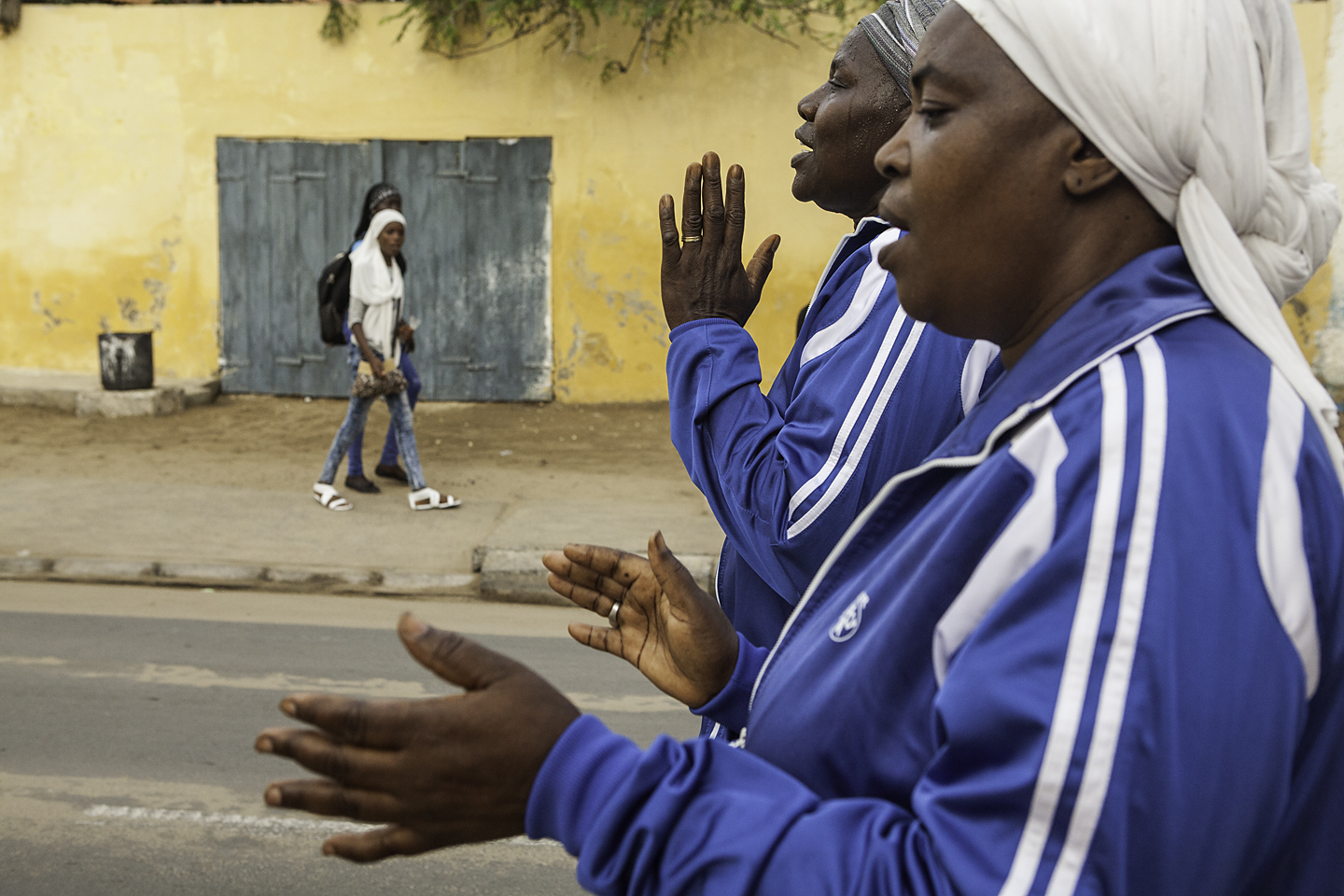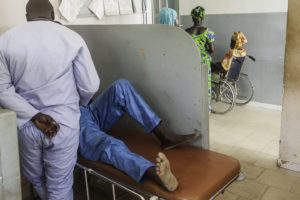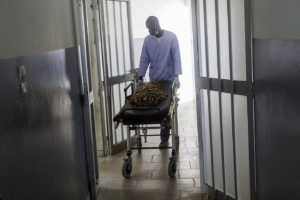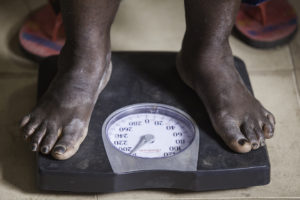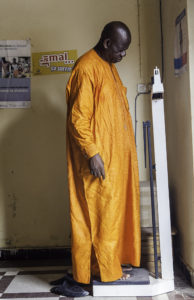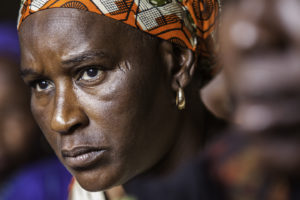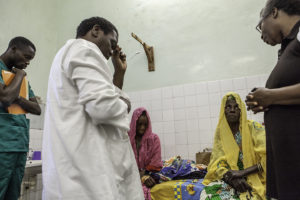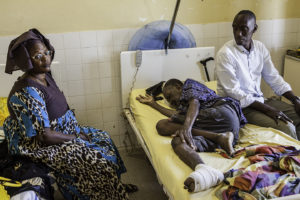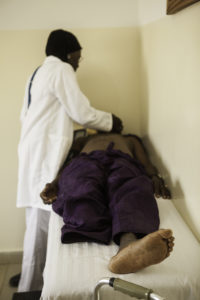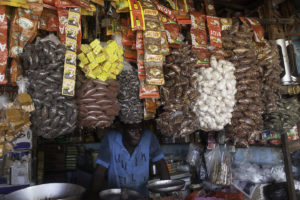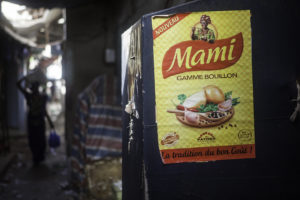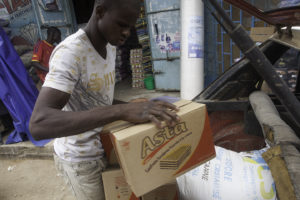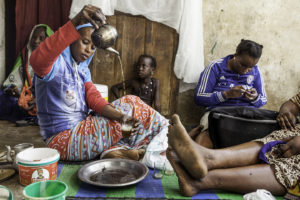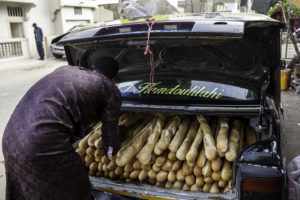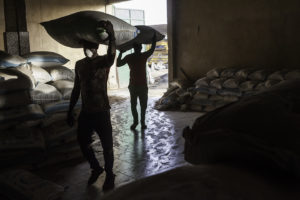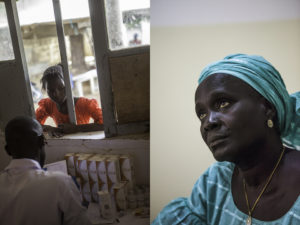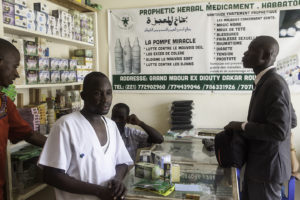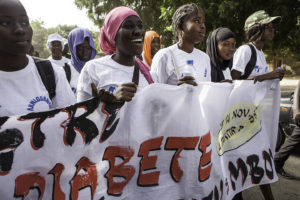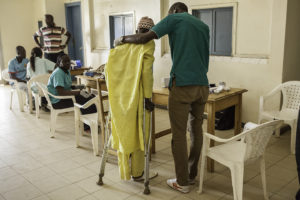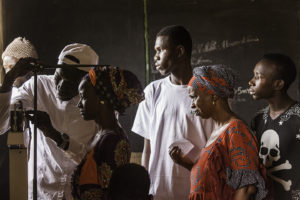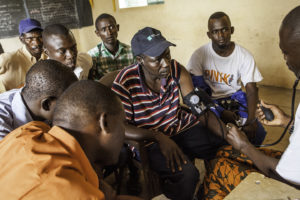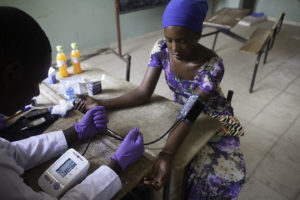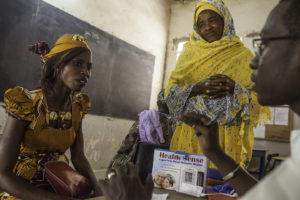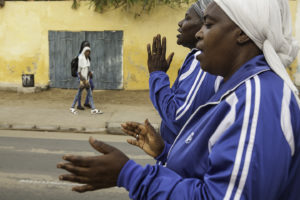More Deadly Than Gunpowder
Diabetes in Senegal, West Africa
- An emergency medical technician wheels out the body of a six-year old girl who died from unregulated type 1 diabetes.
- A diabetic keeps an eye on his weight.
- Patient at a free health screening in recognition of World Diabetes Day.
- Diabetes patient seeing Dr. Fatou Niass in the city of M’Bour.
- Diabetes patients seeing Dr. Fatou Niass
- Vendor selling spices, many of them laden with sodium, in the main market in M’bour.
- Loading desserts and sugar into the trunk of a car in the main market, M’bour, Senegal
- Serving attaya tea, a sweet tea consumed throughout the day.
- A commercial baker examines his baguettes baking in the oven. A dietary staple and full of carbohydrates, white bread poses challenges for diabetics attempting to regulate their blood sugar.
- Loading baguettes into the back trunk of a taxi for delivery.
- Delivering bags of unhulled rice to a processing facility. Rich in carbohydrates, white rice can pose challenges for diabetics attempting to regulate blood sugar levels.
- Determined to maintain a healthy lifestyle, members of an exercise club sing and clap while walking around their neighborhood.
The estimated mortality from Type 2 diabetes worldwide reached 5 million people in 2015 (according to the International Diabetes Foundation), which far exceeded the estimated deaths from war and violence across the globe that year. What this means (and as the historian Yuval Noah Harari has suggested) is that diabetes is now more deadly than gunpowder.
More Deadly than Gunpowder is a documentary project that examines the sharp rise of type 2 diabetes in Senegal, West Africa, and the multiple factors fueling this increase. Photographic inquiry proves a dynamic method to bring needed attention to the lived experience of diabetic patients, their families, and the host of practitioners and advocates confronting this looming public health crisis. No longer the exclusive worry of rich nations, diabetes and other non-communicable diseases (NCDs) are now rising dramatically across the developing world and pose significant challenges to health systems and societies ill-equipped to manage them. It is one thing to negotiate having diabetes in a high income country, but quite another matter for patients, their families and their health care providers to manage within a low resource nation. This inquiry catalogs a rich weave of images and narratives to tell this story at this critical epidemiological juncture. Harnessing photography’s distinct capacity to communicate across diverse audiences with intimacy and perspective, this project aims to chronicle a disease, those it afflicts and its interventions in order to find utility and impact as a valuable tool for patient education, care and advocacy.